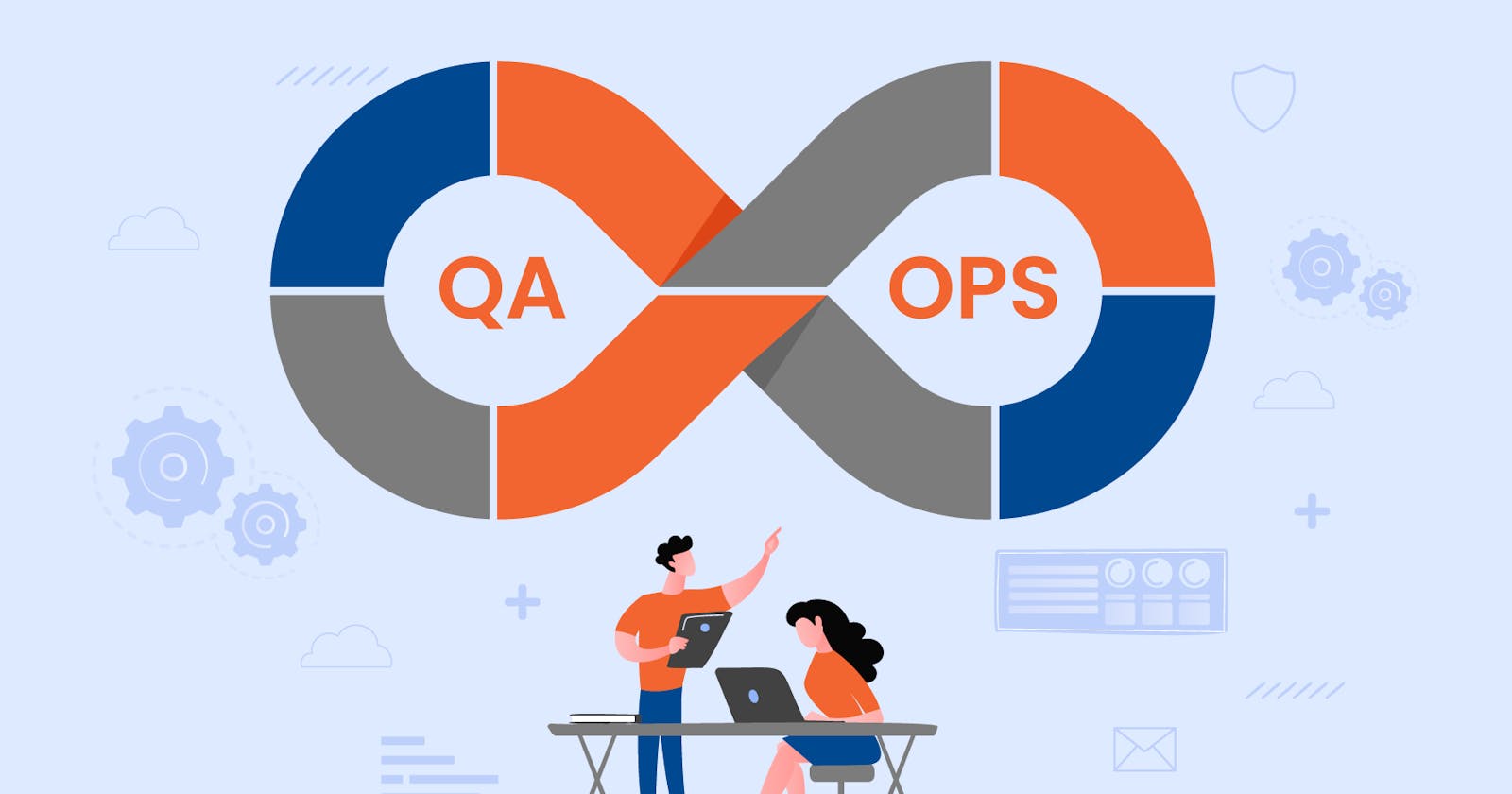The Crucial Role of QAOps in Ensuring Quality and Reliability in DevOps
An In-Depth Exploration of QAOps Best Practices and Collaboration Strategies
The role of Quality Assurance Operations (QAOps) is to ensure the quality, reliability, and security of software throughout its development, testing, deployment, and maintenance lifecycle within a DevOps environment. QAOps plays a critical part in bridging the gap between traditional Quality Assurance (QA) practices and DevOps methodologies. Here are the key roles and responsibilities of QAOps:
Quality Assurance:
Test Strategy and Planning: Develop a comprehensive test strategy and plan that outlines the testing approach, objectives, scope, and resource allocation.
Test Automation: Create and maintain automated test scripts to ensure fast and repeatable testing processes.
Continuous Testing: Integrate testing into the CI/CD pipeline to identify defects early in the development process.
Testing:
Functional Testing: Execute tests to verify that the software meets the specified functional requirements.
Non-functional Testing: Conduct performance, security, and usability testing to ensure the software's overall quality.
Regression Testing: Continuously validate that new code changes have not introduced defects into existing functionality.
User Acceptance Testing (UAT): Coordinate with end-users or stakeholders to perform UAT and gather feedback.
Test Environment Management:
Set up and manage test environments that mimic production conditions for accurate testing.
Ensure that test data is available and maintained appropriately.
Continuous Integration and Continuous Deployment (CI/CD):
Collaborate with development and operations teams to integrate automated testing into the CI/CD pipeline.
Verify that each code change is tested thoroughly before deployment.
Monitoring and Feedback:
Establish real-time monitoring to detect and address issues in the production environment.
Gather feedback from end-users, operations, and other stakeholders to identify areas for improvement.
Security and Compliance:
Conduct security testing and vulnerability assessments to identify and address security risks.
Ensure that the software complies with industry standards and regulatory requirements.
Release Management:
Participate in release planning and scheduling, considering the impact on users and the organization.
Be prepared to manage rollbacks and hotfixes in case issues arise post-deployment.
Documentation:
- Maintain documentation, including test cases, user manuals, and test plans, to ensure alignment with the current state of the software.
Collaboration and Communication:
- Facilitate open communication and collaboration between development, QA, and operations teams to ensure a shared understanding of quality goals and requirements.
Continuous Improvement:
Continuously refine testing and deployment processes based on feedback and lessons learned.
Explore opportunities for automation and efficiency gains.
End-of-Life Planning:
- Plan for the retirement or migration of software products that have reached the end of their lifecycle.
In summary, the role of QAOps is to act as a quality gatekeeper within the DevOps process, ensuring that software is developed, tested, and deployed with high quality, security, and compliance in mind. QAOps professionals work collaboratively and use automation to accelerate testing and maintain the reliability of software applications, ultimately delivering value to end-users and the organization.

